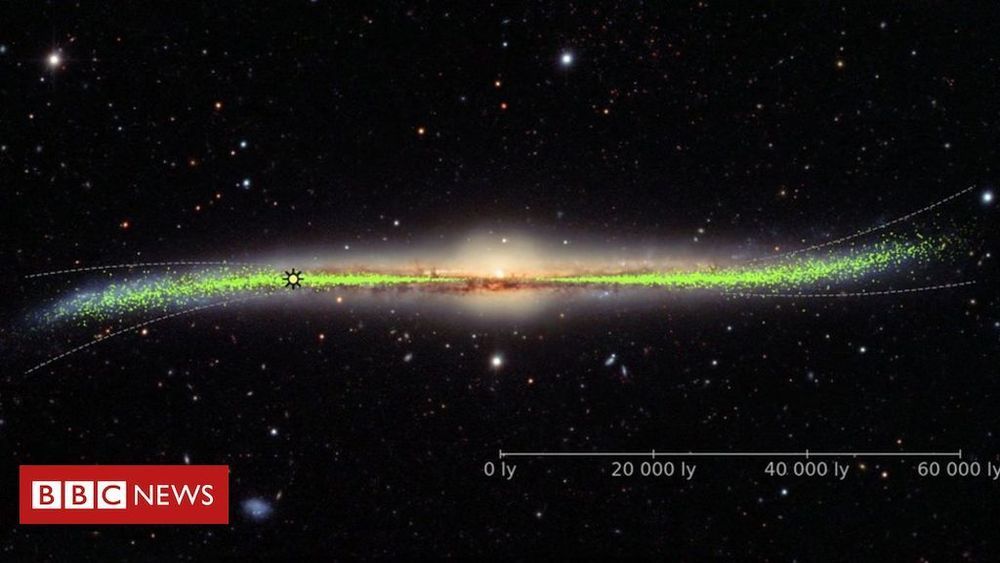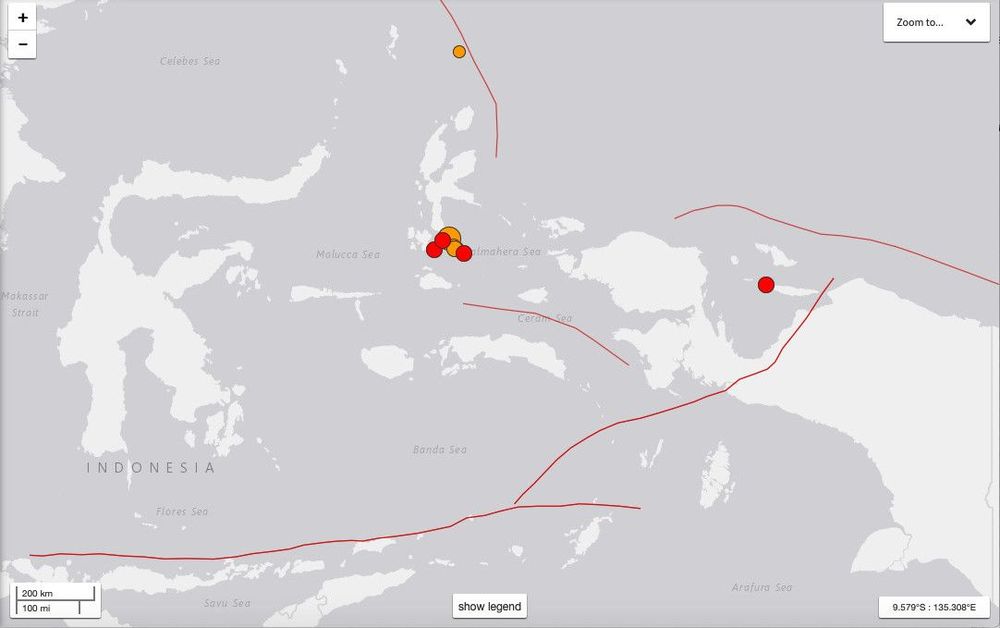The art of matchmaking has traditionally been the province of grandmas and best friends, parents, and even—sometimes—complete strangers. Recently they’ve been replaced by swipes and algorithms in an effort to automate the search for love. But Kevin Teman wants to take things one step further.
The Denver-based founder of a startup called AIMM has built an app that matches prospective partners using just what they say to a British-accented AI. Users talk to the female-sounding software to complete a profile: pick out your dream home, declare whether you consider yourself a “cat person,” and describe how you would surprise a potential partner.
At first glance, that doesn’t seem too different from the usual swiping-texting-dating formula of modern online romance. But AIMM, whose name is an acronym for “artificially intelligent matchmaker,” comes with a twist: the AI coaches users through a first phone call, gives advice for the first date, and even provides feedback afterwards. Call it Cyrano de Bergerac for the smartphone era.






